The Groundhogs - Muddy Waters Songbook (1999)
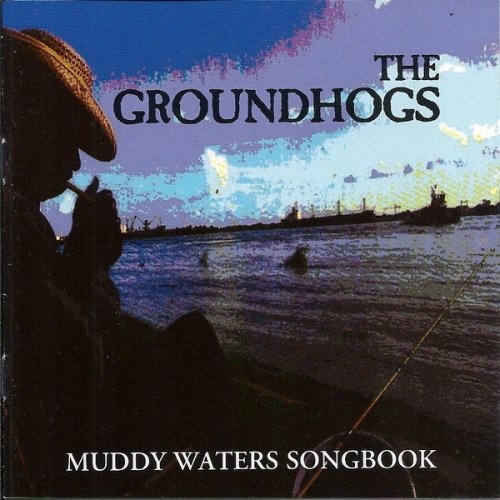
Artist: The Groundhogs
Title: Muddy Waters Songbook
Year Of Release: 1999
Label: Castle Music / HTD Records
Genre: Blues, Electric Blues
Quality: Mp3 320 / Flac (image, .cue, log)
Total Time: 48:10
Total Size: 132/316 Mb (scans)
WebSite: Album Preview
Title: Muddy Waters Songbook
Year Of Release: 1999
Label: Castle Music / HTD Records
Genre: Blues, Electric Blues
Quality: Mp3 320 / Flac (image, .cue, log)
Total Time: 48:10
Total Size: 132/316 Mb (scans)
WebSite: Album Preview
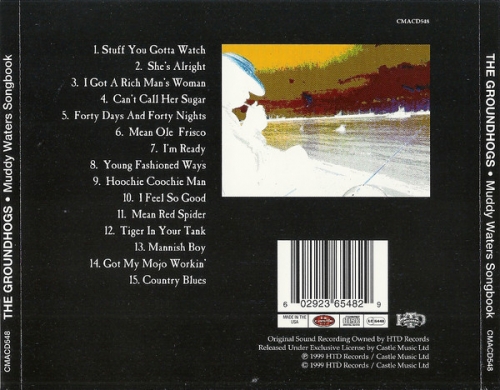
Tracklist:
01. Stuff You Gotta Watch
02. She's Alright
03. I Got A Rich Man's Woman
04. Can't Call Her Sugar
05. Forty Days And Forty Nights
06. Mean Ole Frisco
07. I'm Ready
08. Young Fashioned Ways
09. Hoochie Coochie Man
10. I Feel So Good
11. Mean Red Spider
12. Tiger In Your Tank
13. Mannish Boy
14. Got My Mojo Workin'
15. Country Blues
Eric Chipulina: bass,backing vocals
Tony McPhee: guitars & vocals
Pete Correa: drums
The Groundhogs were not British blues at their most creative; nor were they British blues at their most generic. They were emblematic of some of the genre's most visible strengths and weaknesses. They were prone to jam too long on basic riffs, they couldn't hold a candle to American blues singers in terms of vocal presence, and their songwriting wasn't so hot. On the other hand, they did sometimes stretch the form in unexpected ways, usually at the hands of their creative force, guitarist/songwriter/vocalist T.S. (Tony) McPhee. For a while they were also extremely popular in Britain, landing three albums in that country's Top Ten in the early '70s.
The Groundhogs' roots actually stretch back to the mid-'60s, when McPhee helped form the group, naming it after a John Lee Hooker song (the band was also known briefly as John Lee's Groundhogs). In fact, the Groundhogs would back Hooker himself on some of the blues singer's mid-'60s British shows, and also on an obscure LP. They also recorded a few of their very own obscure singles with a much more prominent R&B/soul influence than their later work.
In 1966, the Groundhogs evolved into Herbal Mixture, which (as if you couldn't guess from the name) had more of a psychedelic flavor than a blues one. Their sole single, "Machines," would actually appear on psychedelic rarity compilations decades later. The Groundhogs/Herbal Mixture singles, along with some unreleased material, has been compiled on a reissue CD on Distortions.
Thank Christ for the Bomb After Herbal Mixture folded, McPhee had a stint with the John Dummer Blues Band before re-forming the Groundhogs in the late '60s at the instigation of United Artists A&R man Andrew Lauder. Initially a quartet (bassist Pete Cruickshank also remained from the original Groundhogs lineup), they'd stripped down to a trio by the time of their commercial breakthrough, Thank Christ for the Bomb, which made the U.K. Top Ten in 1970.
SplitThe Groundhogs' power trio setup, as well as McPhee's vaguely Jack Bruce-like vocals, bore a passing resemblance to the sound pioneered by Cream. They were blunter and less inventive than Cream, but often strained against the limitations of conventional 12-bar blues with twisting riffs and unexpected grinding chord changes. McPhee's lyrics, particularly on Thank Christ for the Bomb, were murky, sullen anti-establishment statements that were often difficult to decipher, both in meaning and actual content. They played it straighter on the less sophisticated follow-up, Split, which succumbed to some of the period's blues-hard rock indulgences, favoring riffs and flash over substance.
Who Will Save the World?McPhee was always at the very least an impressive guitarist, and a very versatile one, accomplished in electric, acoustic, and slide styles. Who Will Save the World? The Mighty Groundhogs! (1972), their last Top Ten entry, saw McPhee straying further from blues territory into somewhat progressive realms, even adding some Mellotron and harmonium (though the results were not wholly unsuccessful). The Groundhogs never became well-known in the U.S., where somewhat similar groups like Ten Years After were much bigger. Although McPhee and the band have meant little in commercial or critical terms in their native country since the early '70s, they've remained active as a touring and recording unit since then, playing to a small following in the U.K. and Europe.
The Groundhogs' roots actually stretch back to the mid-'60s, when McPhee helped form the group, naming it after a John Lee Hooker song (the band was also known briefly as John Lee's Groundhogs). In fact, the Groundhogs would back Hooker himself on some of the blues singer's mid-'60s British shows, and also on an obscure LP. They also recorded a few of their very own obscure singles with a much more prominent R&B/soul influence than their later work.
In 1966, the Groundhogs evolved into Herbal Mixture, which (as if you couldn't guess from the name) had more of a psychedelic flavor than a blues one. Their sole single, "Machines," would actually appear on psychedelic rarity compilations decades later. The Groundhogs/Herbal Mixture singles, along with some unreleased material, has been compiled on a reissue CD on Distortions.
Thank Christ for the Bomb After Herbal Mixture folded, McPhee had a stint with the John Dummer Blues Band before re-forming the Groundhogs in the late '60s at the instigation of United Artists A&R man Andrew Lauder. Initially a quartet (bassist Pete Cruickshank also remained from the original Groundhogs lineup), they'd stripped down to a trio by the time of their commercial breakthrough, Thank Christ for the Bomb, which made the U.K. Top Ten in 1970.
SplitThe Groundhogs' power trio setup, as well as McPhee's vaguely Jack Bruce-like vocals, bore a passing resemblance to the sound pioneered by Cream. They were blunter and less inventive than Cream, but often strained against the limitations of conventional 12-bar blues with twisting riffs and unexpected grinding chord changes. McPhee's lyrics, particularly on Thank Christ for the Bomb, were murky, sullen anti-establishment statements that were often difficult to decipher, both in meaning and actual content. They played it straighter on the less sophisticated follow-up, Split, which succumbed to some of the period's blues-hard rock indulgences, favoring riffs and flash over substance.
Who Will Save the World?McPhee was always at the very least an impressive guitarist, and a very versatile one, accomplished in electric, acoustic, and slide styles. Who Will Save the World? The Mighty Groundhogs! (1972), their last Top Ten entry, saw McPhee straying further from blues territory into somewhat progressive realms, even adding some Mellotron and harmonium (though the results were not wholly unsuccessful). The Groundhogs never became well-known in the U.S., where somewhat similar groups like Ten Years After were much bigger. Although McPhee and the band have meant little in commercial or critical terms in their native country since the early '70s, they've remained active as a touring and recording unit since then, playing to a small following in the U.K. and Europe.

![Alexander Wienand - Strangers (2026) [Hi-Res] Alexander Wienand - Strangers (2026) [Hi-Res]](https://www.dibpic.com/uploads/posts/2026-02/1772172636_cover.jpg)
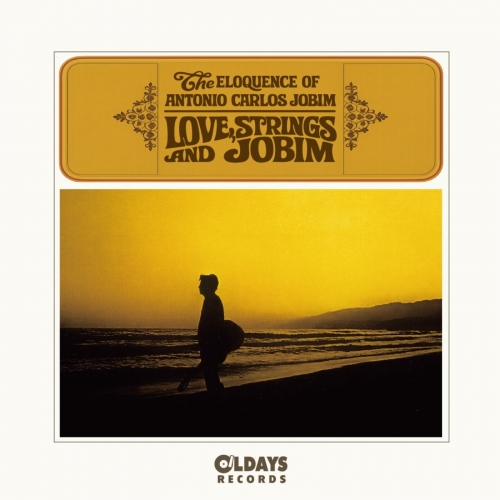
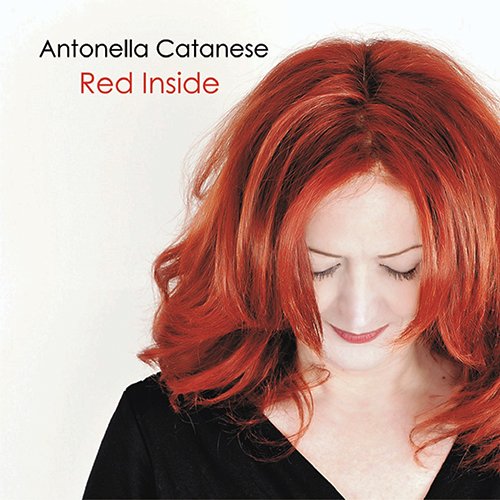
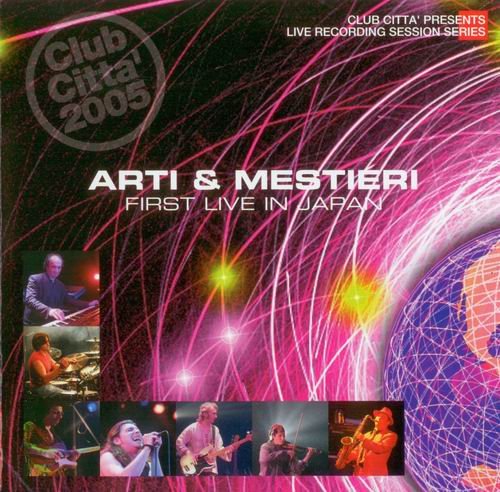
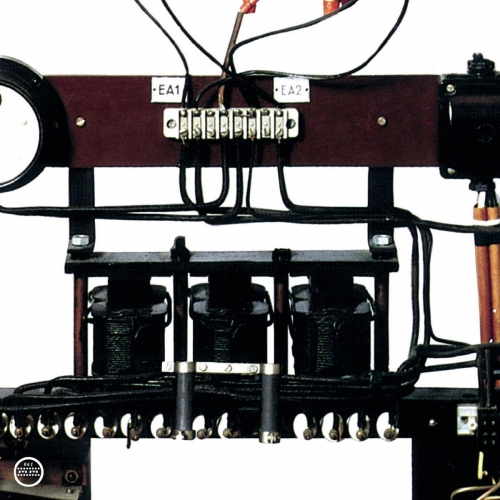

![Quinsin Nachoff - Patterns from Nature (2026) [Hi-Res] Quinsin Nachoff - Patterns from Nature (2026) [Hi-Res]](https://img.israbox.com/img/2026-02/27/85nl7kuvtne1twyima48wpdro.jpg)
![Roberta Flack - Roberta Flack (2026 Remaster) [Hi-Res] Roberta Flack - Roberta Flack (2026 Remaster) [Hi-Res]](https://www.dibpic.com/uploads/posts/2026-02/1772098000_cover.png)